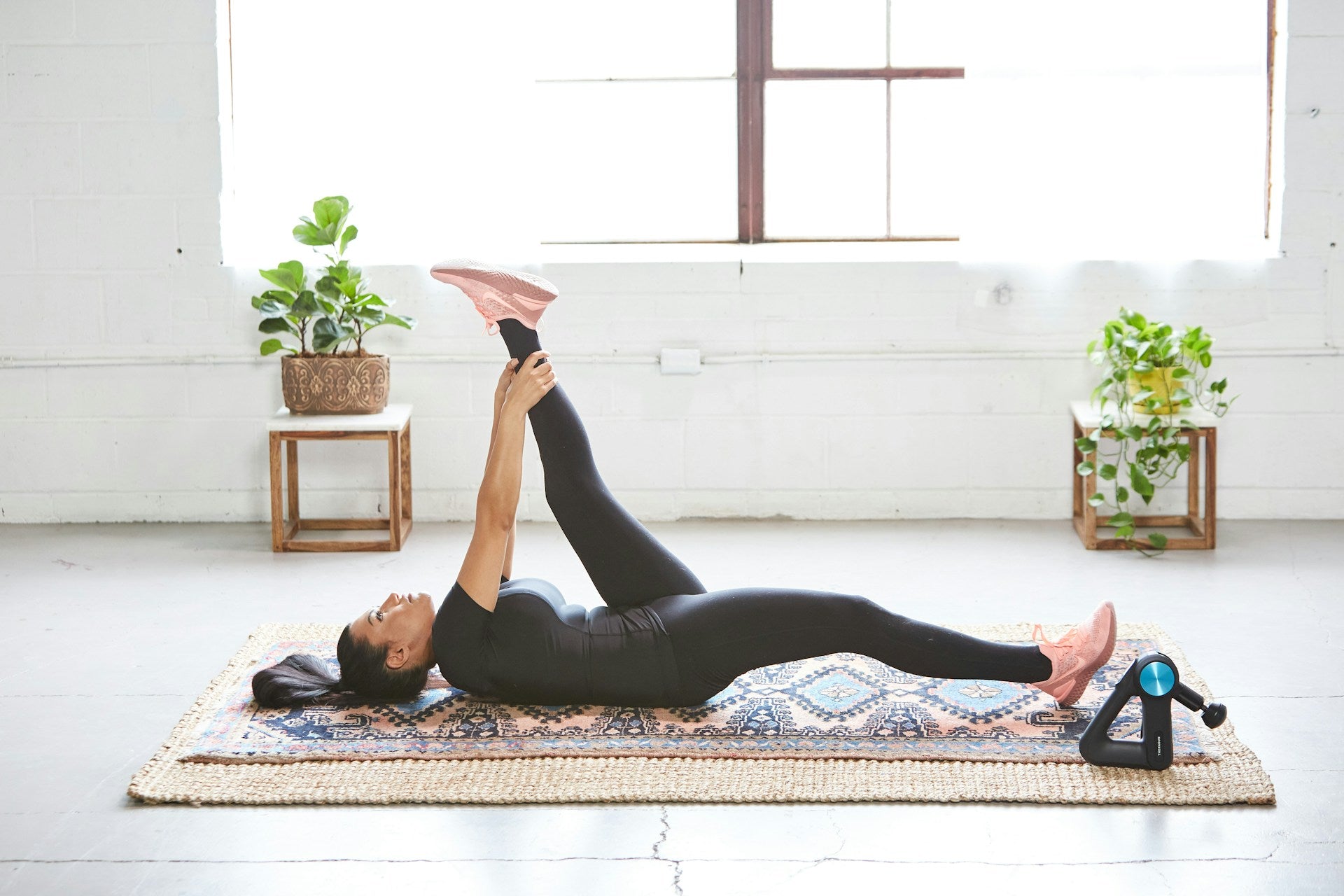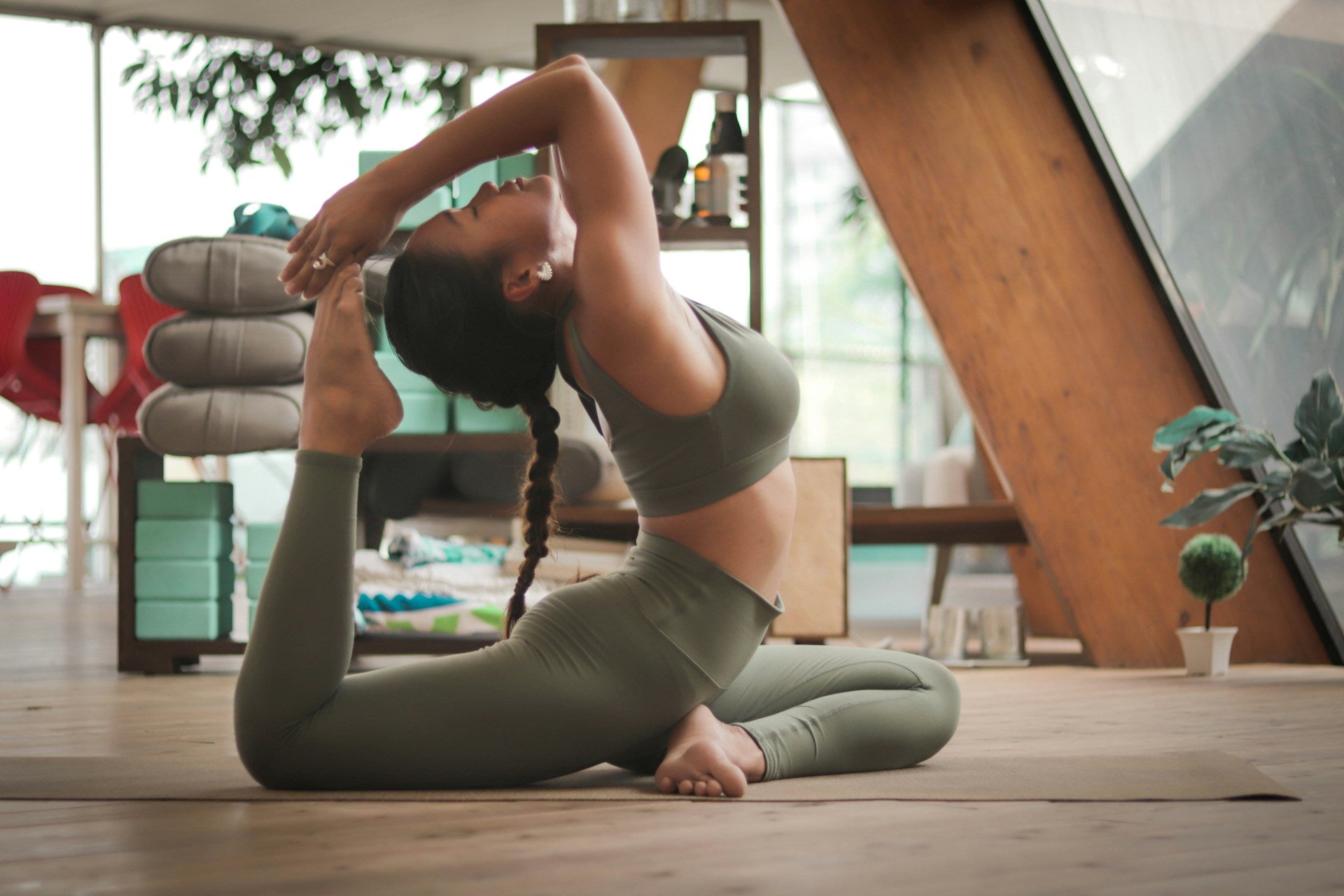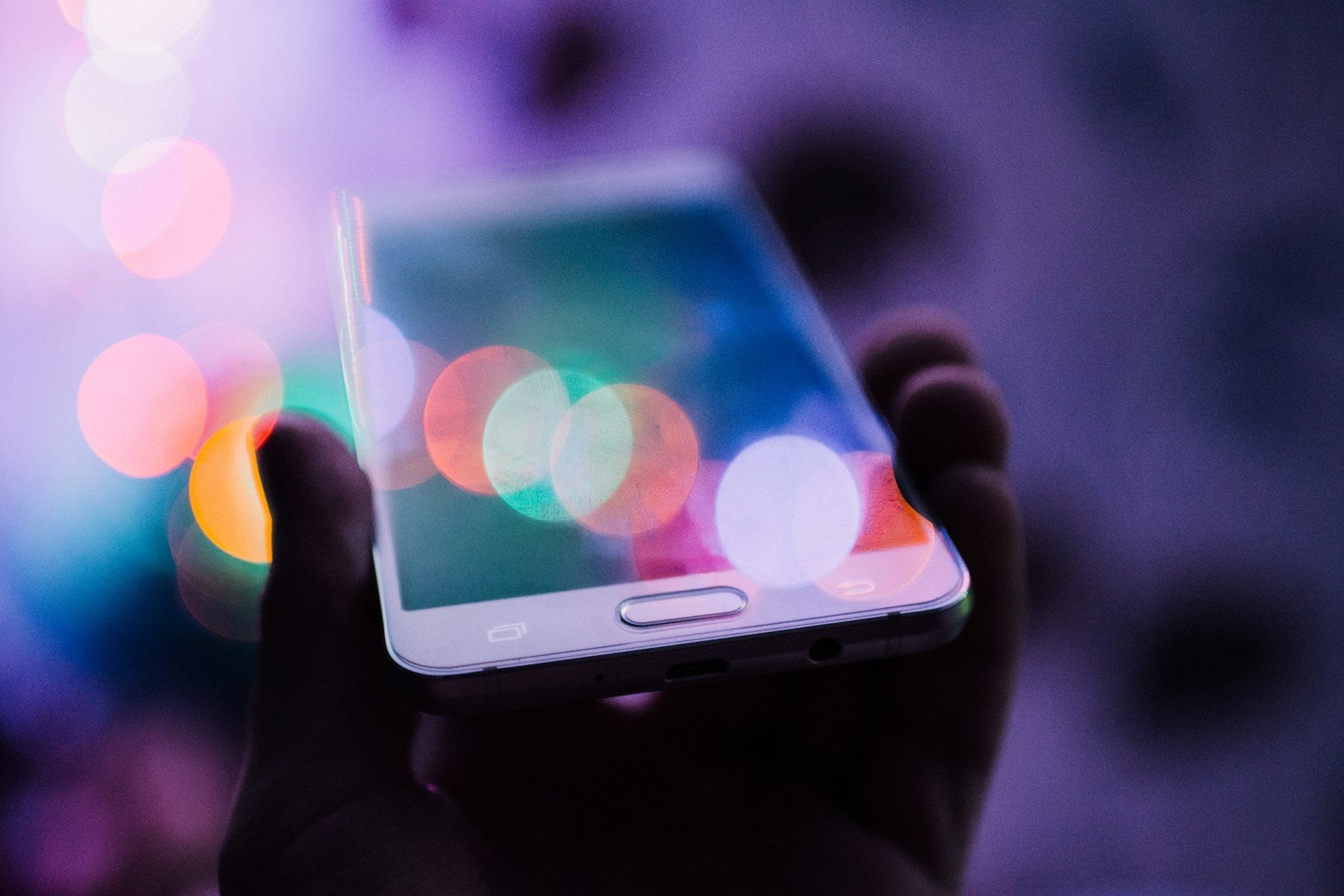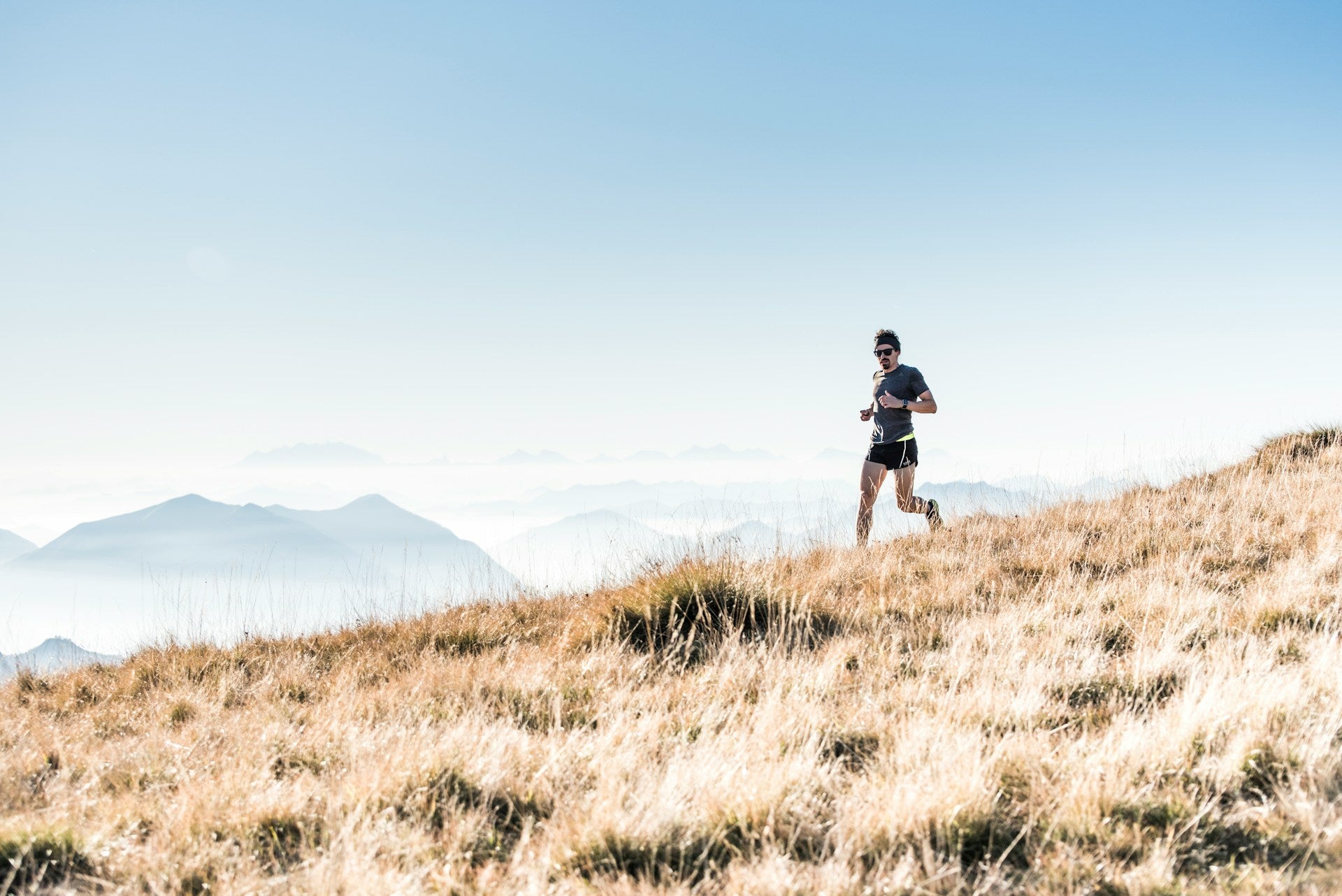Advanced Techniques for Athletes to Enhance Recovery and Performance

As an athlete, optimal performance and quick recovery are paramount to maintaining and enhancing your competitive edge. While training and nutrition are often prioritized, sleep plays a crucial role in the equation. In fact, high-quality sleep can be the secret weapon to unlocking your full potential. Beyond basic sleep advice, there are advanced biohacking techniques specifically tailored for athletes that can optimize sleep for better recovery and performance. Let's explore these methods in detail.
The Importance of Sleep for Athletes
Sleep is a vital component of an athlete's regimen because it is during this time that the body undergoes significant restorative processes. During deep sleep stages, growth hormone is released, which is essential for muscle repair and growth. Additionally, the brain consolidates memories and skills learned during the day, which is crucial for improving techniques and strategies in sports.

Advanced Biohacking Techniques for Optimizing Sleep
- Polyphasic Sleep
Polyphasic sleep refers to breaking up sleep into multiple sessions throughout the day rather than having one long sleep period. While the most common sleep pattern is monophasic (one continuous block of sleep), polyphasic sleep can potentially offer more flexibility and increased alertness.
- Everyman Schedule: This involves a longer core sleep period (around 3-4 hours) and several 20-minute naps throughout the day. This method can provide adequate rest while allowing more waking hours for training and other activities.
- Uberman Schedule: This extreme version consists of 20-30 minute naps every 4 hours. While it maximizes waking hours, it's challenging to maintain and may not provide sufficient deep sleep necessary for muscle recovery.
It's important to note that polyphasic sleep schedules can be difficult to adapt to and may not be suitable for everyone, especially athletes who require substantial deep sleep for physical recovery.
- Sleep Tracking Gadgets
Technology has made it easier to monitor and improve sleep quality. Various sleep tracking gadgets provide insights into your sleep patterns, helping you make data-driven adjustments.
- Wearable Devices: Gadgets like the Oura Ring, Whoop Strap, and Garmin watches track sleep stages, heart rate variability (HRV), and other metrics. By analyzing this data, athletes can identify patterns and disturbances in their sleep.
- Smart Mattresses: Products like the Eight Sleep Pod and Sleep Number 360 use sensors to monitor sleep metrics and adjust the bed's firmness and temperature for optimal comfort.
These gadgets help athletes understand their sleep quality and make informed decisions about changes to their sleep environment and habits.
- Blue Light Blockers
Exposure to blue light from screens can interfere with the production of melatonin, a hormone that regulates sleep-wake cycles. For athletes, reducing blue light exposure in the evening is crucial for maintaining high-quality sleep.
- Blue Light Blocking Glasses: Wearing glasses that filter out blue light, such as those from brands like Swanwick or Felix Gray, can help mitigate the impact of screen time before bed.
- Screen Filters and Night Mode: Many devices now offer night mode settings that reduce blue light emission. Apps like f.lux can adjust your computer screen's color temperature based on the time of day.
By minimizing blue light exposure, athletes can promote better melatonin production, leading to improved sleep onset and quality.
- Nutritional Supplements
Certain supplements can enhance sleep quality and recovery, providing athletes with an additional edge.
- Magnesium: This mineral plays a role in muscle relaxation and sleep regulation. Taking magnesium supplements or incorporating magnesium-rich foods (like spinach, almonds, and avocados) into your diet can promote better sleep.
- Melatonin: As a natural sleep aid, melatonin supplements can help regulate sleep cycles, especially useful for athletes who travel across time zones.
- CBD Oil: Cannabidiol (CBD) has been shown to reduce anxiety and improve sleep quality. CBD supplements or oils can be a natural way to enhance sleep without the side effects of traditional sleep medications.
It's important to consult with a healthcare provider before starting any new supplement regimen to ensure safety and proper dosing.
Creating the Optimal Sleep Environment
In addition to the techniques mentioned above, creating a sleep-friendly environment is essential. Consider the following tips:
- Cool Temperature: Keep your bedroom cool, ideally between 60-67°F (15-19°C), to facilitate better sleep.
- Darkness: Use blackout curtains or a sleep mask to eliminate light disruptions.
- Quiet: Reduce noise with earplugs or a white noise machine to maintain uninterrupted sleep.
The Gist
By incorporating these advanced biohacking techniques, athletes can optimize their sleep for enhanced recovery and performance. From experimenting with polyphasic sleep schedules to leveraging the latest sleep tracking gadgets, using blue light blockers, and taking targeted nutritional supplements, there are numerous strategies to explore. Prioritizing sleep and making informed adjustments can ultimately lead to better athletic outcomes and overall well-being. Sleep well, perform better!





Comments